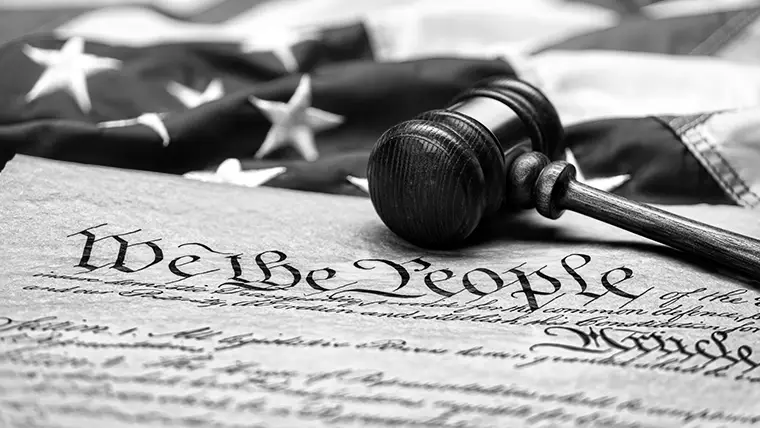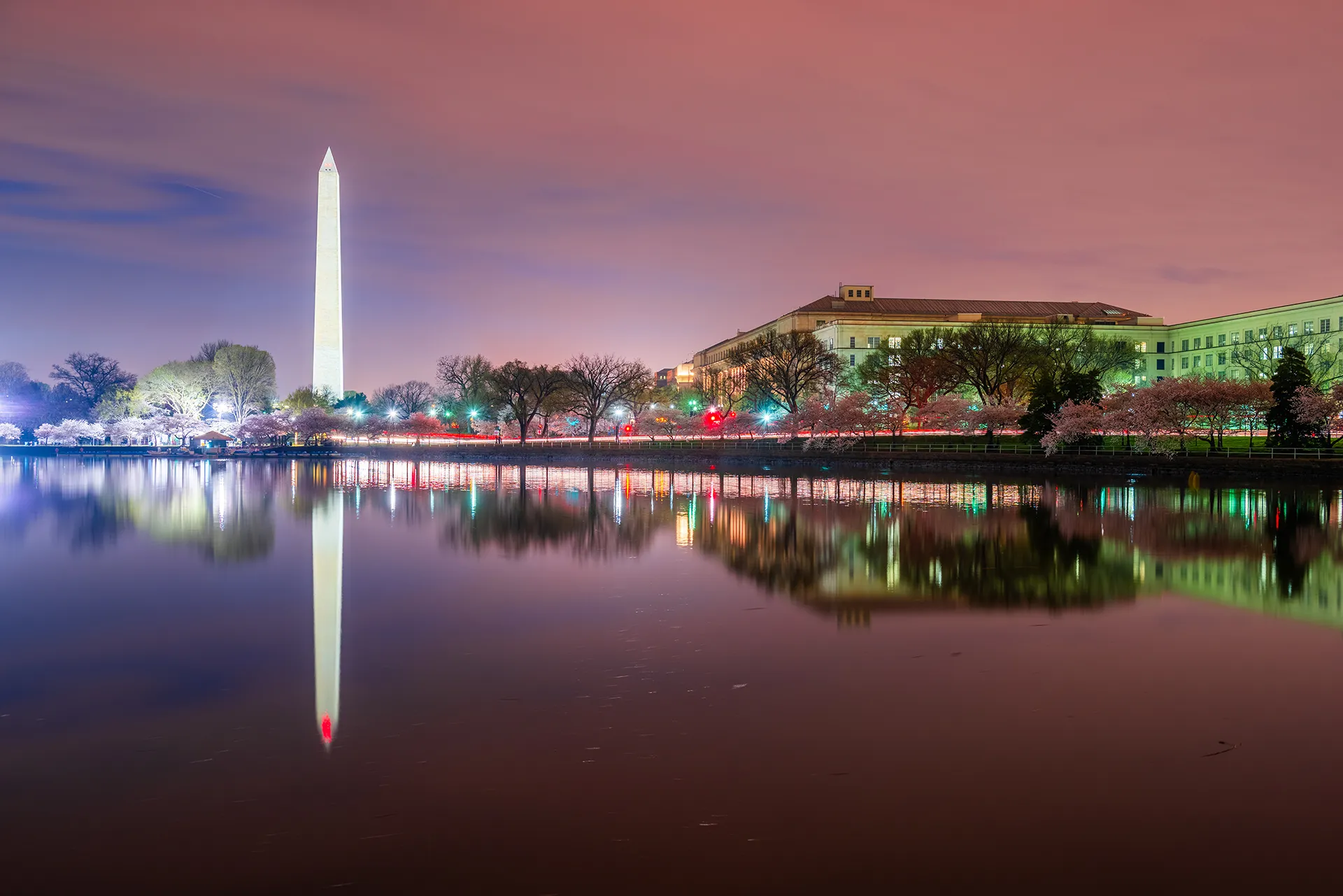April 17, 2018
Rodney “Rod” Lewis1940 – 2018
Washington, D.C. – April 17, 2018 – The National Indian Gaming Association (NIGA) joins the Gila River Indian Community (GRIC) in mourning the passing of Indian Country Law Legend Rodney “Rod” Lewis on Tuesday, April 10, 2018.
According to a press release issued by the Gila River Indian Community, today Lewis was the first Native American attorney to be admitted to the State Bar of Arizona Bar and the first Native American attorney in the nation to argue and win a case before the United States Supreme Court.
NIGA Chairman Ernie Stevens, Jr. said, “Rod Lewis will always be remembered as a true Indian country Warrior. He dedicated his life to representing the best interests of our Native people and communities. He impressed upon all of us the importance of standing firm in the representation of Indian country and our rights.”
Chairman Stevens went on to say, “Rod and my father, Ernie Stevens, Sr., were colleagues in Washington, D.C. early in Rod’s career. They come from an era of hard work with limited resources which required friends and family to support them, especially when they worked into the night or traveled extensively.”
Rod Lewis is survived by his wife, Willardene Pratt Lewis and by three adult children: Stephen Roe, Governor of the Gila River Indian Community, John Blaine and Katherine Elizabeth, and seven grandchildren: Akicita Roe, Daniel Roe, Kornelius, Noble, Sarah Camille, Marilily, and Johnelle.
Admitted to the State Bar of Arizona in 1972, Mr. Lewis – the first Native American attorney in the state of Arizona and founding chair of the Arizona Bar’s Indian Law section – ultimately became a go-to attorney for tribal clients across Arizona and nationally. In a legal career that spanned nearly four decades, Mr. Lewis specialized in Indian law, tribal gaming compacts, water and energy law, and public policy matters.
In 1980, Mr. Lewis became the first Native American attorney to successfully argue a case before the United State Supreme Court. The case, Central Machinery vs. the Arizona State Tax Commission, resulted in a 5-4 vote in favor of the Gila River Indian Community. Justice Thurgood Marshall wrote the majority opinion.
Almost 40 years after this victory, Central Machinery remains critically important as the basis for granting Indian tribes the right to operate beyond the taxing jurisdiction of states.
Mr. Lewis served as the general counsel of the Gila River Indian Community for 30 years, beginning in 1978. In this role, he led the GRIC’s negotiations with the federal government, the state of Arizona, and more than 30 non-Indian parties. The Arizona Water Rights Settlements Act of 2004, Public Law 108-451, was passed as a direct result of these negotiations. It remains the largest tribal water rights settlement in the history of the United States.
In private practice later in his career, Mr. Lewis served as a consultant for the prominent Washington, D.C.-based law firm Akin Gump Strauss Hauer and Feld. His private practice work led to successful federal water rights settlements on behalf of the Crow Tribe of Montana and the Pechanga Band of Luiseño Indians in California, among many tribal clients.
Lewis, 77 joined the U.S. Army Infantry in 1962. He received an honorable discharge in 1965, having become Airborne- and Ranger-qualified. He served as Company Commander at Fort Dix in New Jersey and rose to the rank of 1st Lieutenant. Throughout his life, Mr. Lewis was motivated to live by the Ranger creed: “Rangers Lead the Way.”
In 1962, Mr. Lewis earned a B.S. from Trinity University in San Antonio. He received his M.A. in History from Arizona State University in 1969. In 1972, he received his Juris Doctorate from the University of California, Los Angeles.
A lifelong basketball fan and Phoenix Suns fan, Lewis was born to Sally and Roe Lewis in 1940. Flags were lowered Wednesday on the Gila River Indian Community in honor of Lewis.
Wake Services will be held on Friday, April 20 at the Sacaton Boys & Girls Club from 6:00pm – 12:00pm. Funeral Services will take place on Saturday, April 21 at the Vah Ki Presbyterian Church Arbor in Bapchule, Arizona with burial services at the Upper San Tan Cemetery in Sacaton, Arizona.
BIA Publishes Final Rule for Section 293 Class III Tribal-State Gaming Compacts

Remembering and Honoring the Legacy of Dr. Martin Luther King, Jr.

Statement From The Chairman Of The Indian Gaming Association: “Compromise or Collision Course: Americans Need Government to Function”
